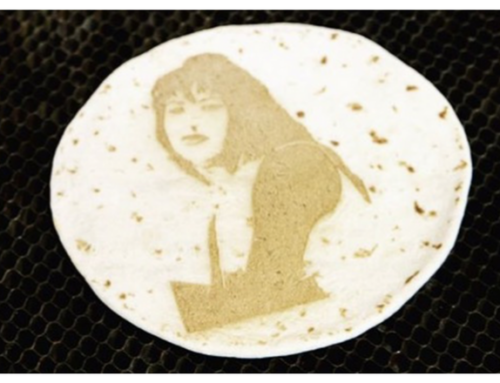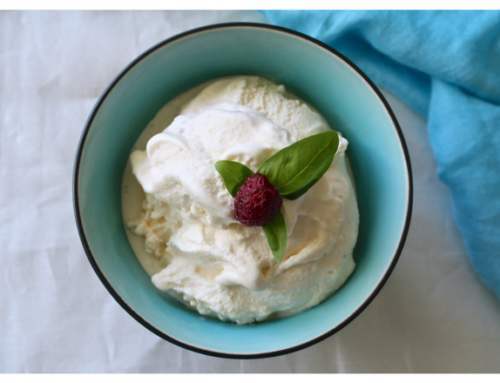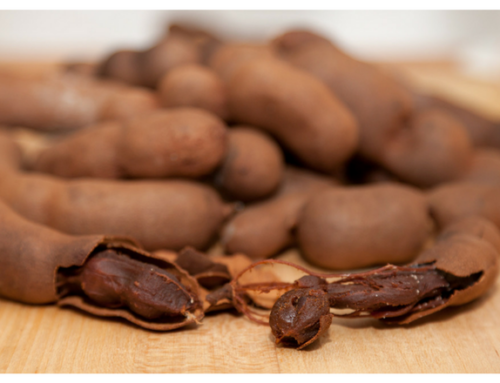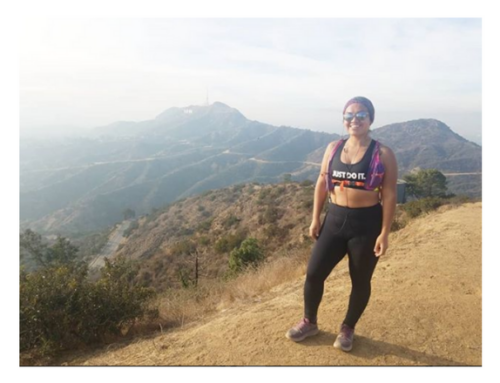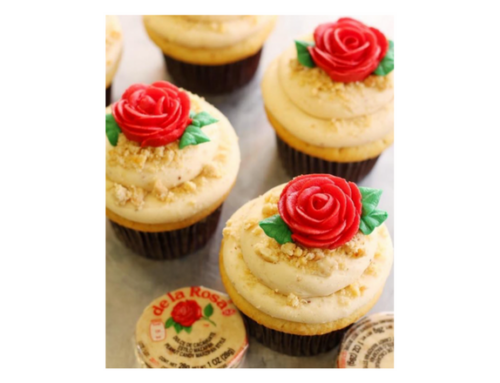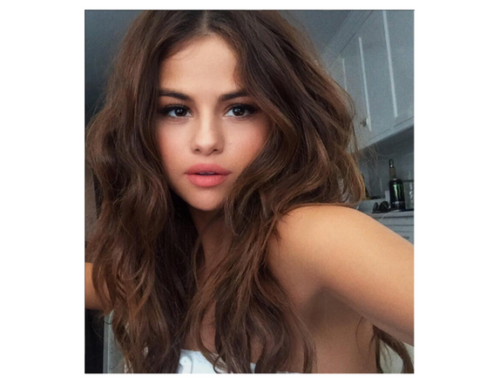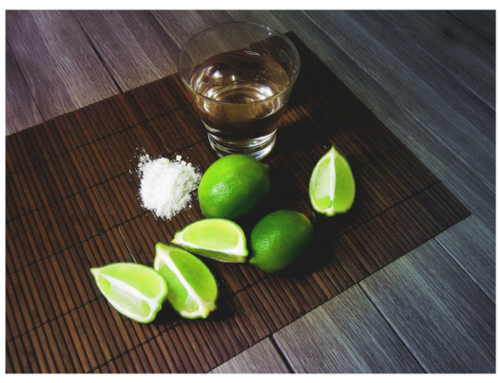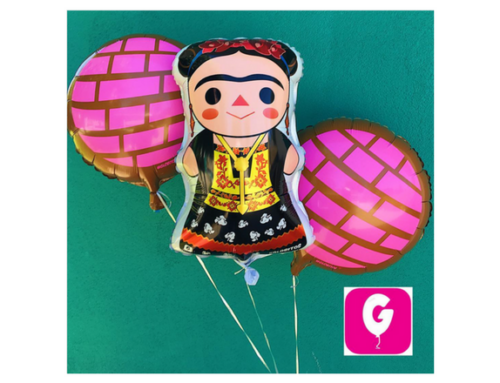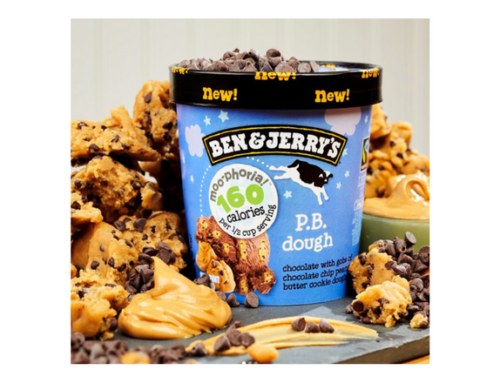When it comes to Mexican food, the tacos, tamales, and tortas trifecta, though tasty, has made it hard for the general public (read: non-Mexicans) to grasp its astonishingly vast and varied scope.
Enter Bruce Ucán, a Mexican-born chef who has consistently and quietly been turning out fantastic Mexican food in his now home of Louisville, Kentucky. He is neither a food festival regular nor a TV cooking contest judge; in fact, he is actually in the kitchen at his popular Mayan Café restaurant six nights a week, serving the best Yucatecan cuisine you’ve ever had.
We sat down with Ucán over a plate of his must-try Tok-sel Lima beans and talked mole, Trump, and why he thinks food trucks should be better. [pagebreak]
So your restaurant is Mayan Café. What is your family heritage?
I’m from Kantunil, which is a tiny little town between Chichen and Merida on the Yucatán Peninsula. It’s close to the Caribbean and the Gulf of Mexico. About three hours from Cancun.
And how long have you been in Louisville? What was your career trajectory?
Well, I was working in Cancun in the eighties in the hotel and tourism industry. And then I married a Kentucky lady and I moved here in 1987. I was actually working in construction to start, but I didn’t like it as much as I liked cooking.
And did you try construction because you wanted to get away from kitchens and the culinary life or …?
I was just testing the waters. I didn’t know what to expect in Louisville. I was checking everything out. Honestly, deeply, I think I wanted to show what Mexican food could be and should be, instead of what was here when I arrived.
So what do you think of the Kentucky palate? I mean, there isn’t a long history of the kind of food you’re doing here. How did people react when you opened Mayan Cafe?
Well, some people even now say “this isn’t really Mexican food” because it’s so unique. It’s really specific to the identity of the region I’m from. [pagebreak]
Which is a whole other conversation: how big Mexico is and how many states and regions there are with very different cultures and ingredients and food histories…
Exactly. And this food is very specific to where I’m from. I worked in several restaurants here in town and then decided I wanted to bring something from my own culture and give people the chance to taste something different. At that time, Louisville was ready to burst and accept many different influences and cultures. In the last twenty years or so there are a lot more different kinds of people and places; Cubans, Middle Easterners, Africans. It’s really interesting.
Forgive me for the abrupt change in lanes, but since we’re talking about different cultures in the U.S., what do you think of Donald Trump?
Really, I don’t get too much involved in that. But, if you think about people that come to this country, whether they are from Mexico or the Middle East or wherever, his judgments on them are unjustified. I don’t know what experience he has with people – maybe he does business with people from different cultures – but I think he would have to have a lot of experiences with different kinds of people to make the statements he makes. It’s kind of scary for a lot of people, for women especially, but it will be interesting to see what happens.
And there may be real implications for food in the U.S., from the food production pipeline to the restaurants that are opened to the ingredients we’re exposed to…
Absolutely. Honestly, if Trump wins, I can say that prices in the food industry will really rise because there will be nobody to work the fields.
Yes, the whole supply chain will collapse.
Long term, yes. And I just now started feeling the benefit of the economy in recovery, so we’ll see. [pagebreak]
Tell me a little bit about Cancun and the work you did there. I’ve been there a few times and I know it’s changed since you worked there. What’s different?
Cancun in the 1980’s was a real prime time. I had the opportunity to work in different restaurants under different chefs from France, Spain, South America. So, to me, it was like a school. It was my training, and when I moved here to Louisville, I had tons of real experience working in restaurants. On the other hand, the hotel industry wasn’t for me. It was really long, crazy hours, and there’s not any creativity. You’re just a number to [the restaurant and hotel owners]. But I learned. I learned how to get things done in the kitchen, from techniques to endurance to administration.
Did you go to culinary school?
No. Cancun was my culinary school.
So how are you cultivating future Mexican food leaders in your kitchen?
My approach is to show them one way to do basic things. Like, how do you do basic mole?
Is there a basic mole?
Actually, no. [Laughing] There’s no such thing as that. But there are basic ingredients. You know, chilis and pumpkin seeds, and it’s how each individual combines them. [My cooks] make sauces and I watch them and encourage them, and if their sauce is better, we’ll put it on the menu. So it’s a lot about staying interested in their progress, and I think they appreciate that.
Are you more of a traditionalist or a modernist?
I’m very open-minded. But I don’t make traditional things just for tradition. I make what tastes good to me. We do different things with unique ingredients. We do mole with espresso, and that’s definitely not traditional. We do chocolate with different chilis and include that in our desserts. So I’m not only traditional. I try to be inspired by everything. [pagebreak]
What’s the most popular dish on your menu?
Well, we serve a lot of salmon. We do it with a huitlacoche sauce. It’s one of the first things I served in my restaurant. Back then, I couldn’t get it fresh. It came in a can, then over the years you could get it in a jar, then frozen. It’s crazy how food immigrates.
Are you in the restaurant every night?
Yes. Every night, unless I’m catering.
Do you have any plans to open a second location? You’re successful so it seems a natural next step.
No. More than one restaurant is okay if you’re single [laughs]. If you would have asked me that question five years ago, I would have said yes, but now I have two kids – one is five and the other three – so I would say that I see life different now. I’m not able now to devote my whole life to the kitchen. But I do have another venture that I would like to do. You know, I started my restaurant with a food truck in 1996.
You were an early adopter.
Yes, nobody had trucks back then. There were fairs and festivals but not food trucks that actually drove around the city. The next thing I want to do – and I should have done it a long time ago – is to go back to the food truck. I have all the things that I need to make it happen: a kitchen and a walk-in and ingredients and farmers and good cooks and people to help me. The only thing I need is the truck. And then I’ll do a farm to table truck that’s an extension of Mayan Café and what we do with our catering. I don’t think food trucks are focused enough on sustainability and local ingredients and farmers, so I want to go back to my roots and do that.
What is it about chefs that makes them capable of doing this kind of work? Because it’s pretty grueling. Hot kitchens, no air conditioning, late hours, people shouting at you, and this crazy sense of urgency. It’s not like an operating room. No one is actually to die, but the non-stop intensity is really hard.
Chefs aren’t normal. Really, we’re not. I think most chefs can’t stand still, have to keep moving. They just have a different sense of timing. We accelerate and we can’t stop. But that is sometimes really hard to maintain. It’s like you go, go always. If we stand still we just can’t function. You have to really love it, or you just can’t do it.
When you’re not here, what do you eat?
I love noodles. Spaghetti, Vietnamese noodles. Any kind of noodles that’s flavorful and has that hot and spicy combination. And I love Middle Eastern food. But most of the time I’m home with my kids so I cook for them and we eat together as a family.
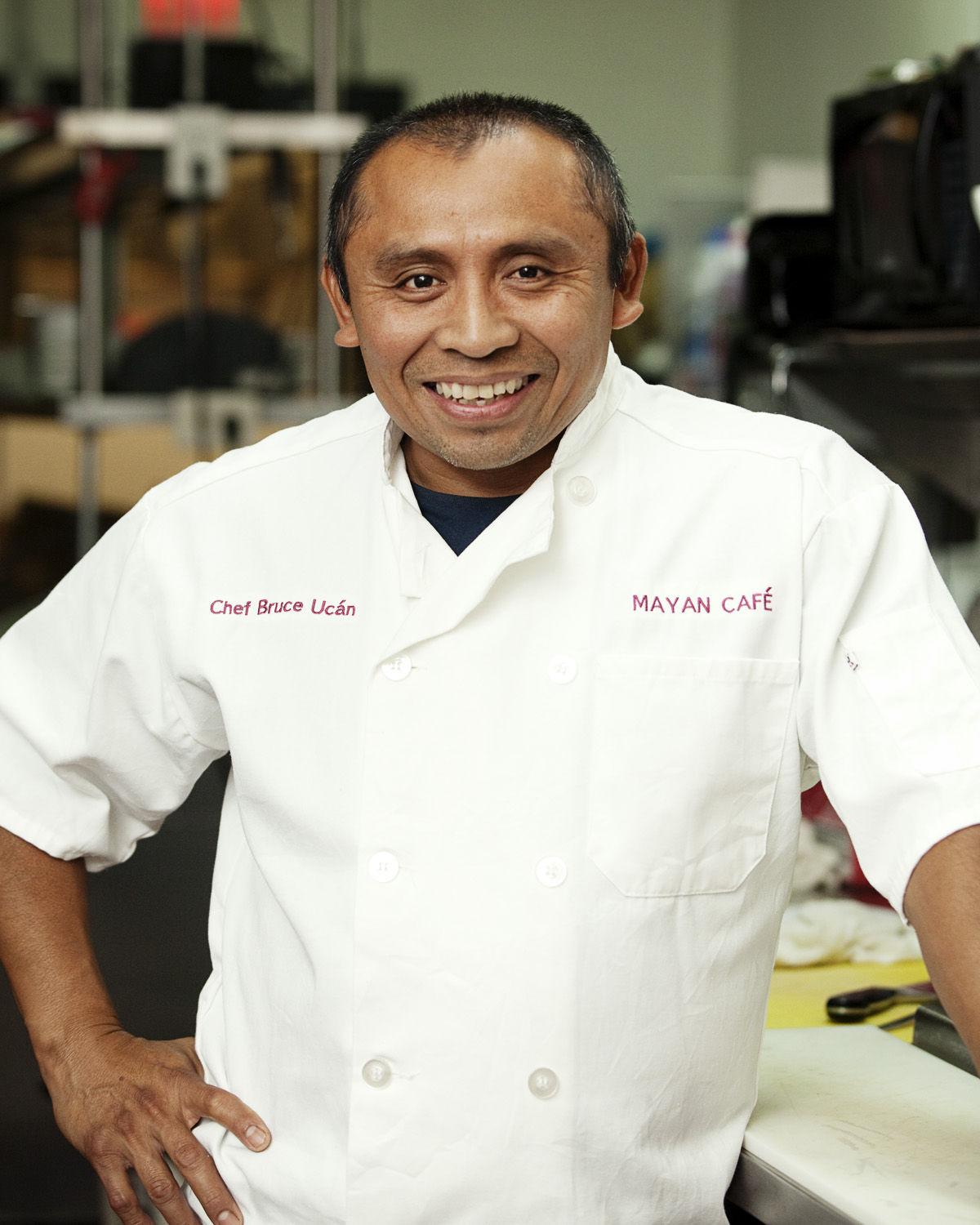
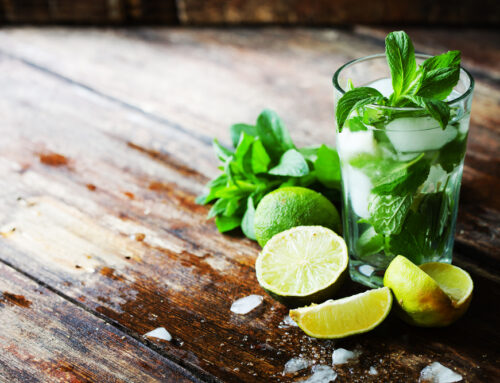
![Making Mealtime Matter with La Familia: Easy Sofrito [Video]](https://thelatinkitchen.com/wp-content/uploads/2015/10/sofrito-shutterstock__0-500x383.jpg)
![Easy Latin Smoothies: Goji Berry Smoothie [Video]](https://thelatinkitchen.com/wp-content/uploads/2015/12/goji_berry-shutterstock_-500x383.jpg)
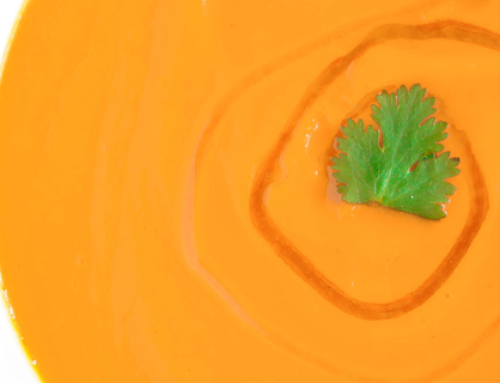
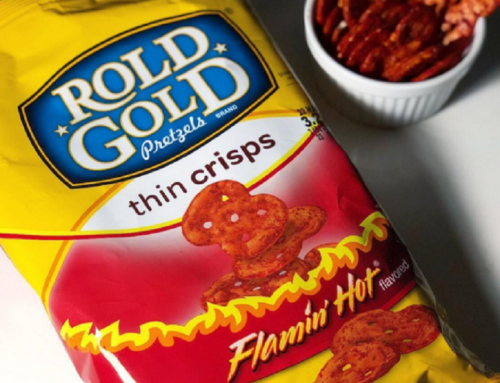
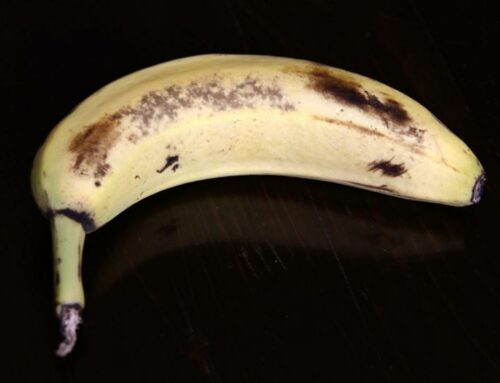
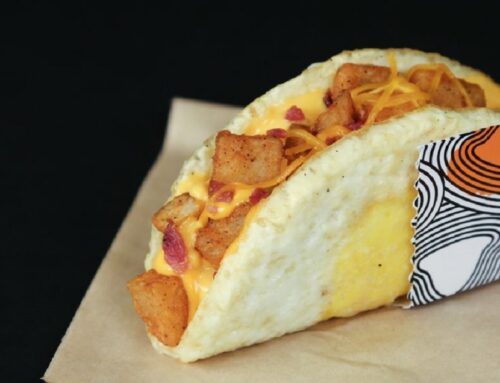
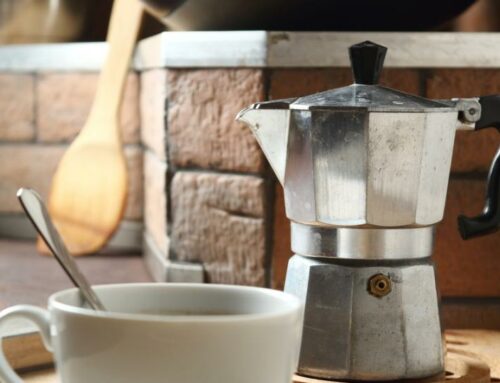
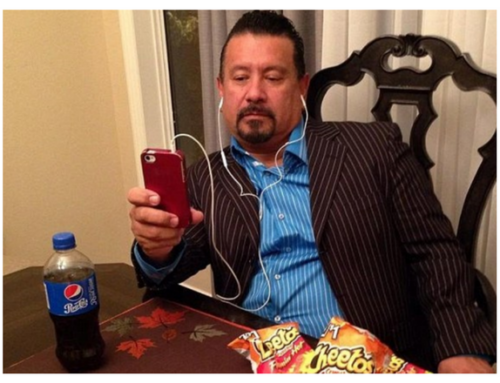
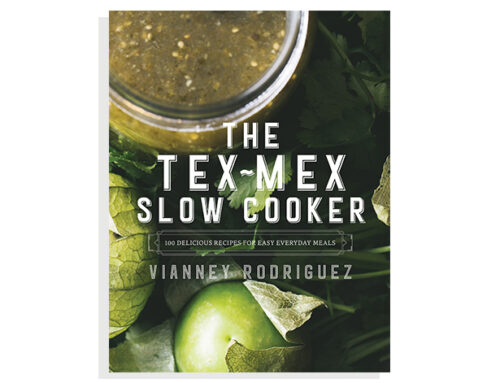
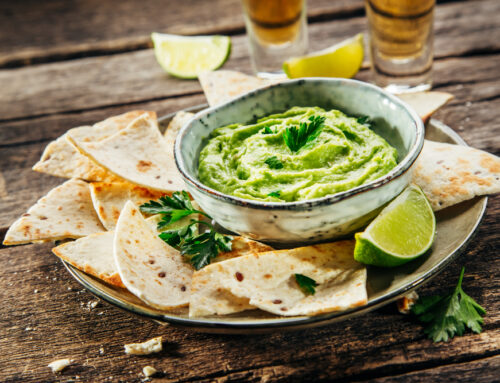
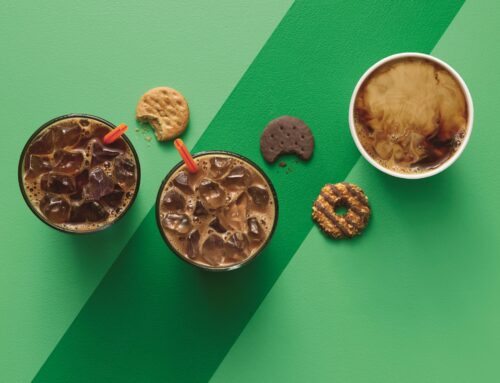
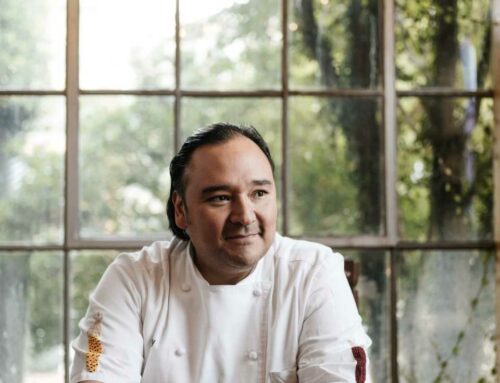
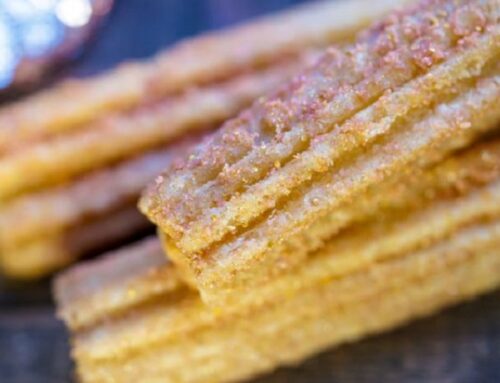
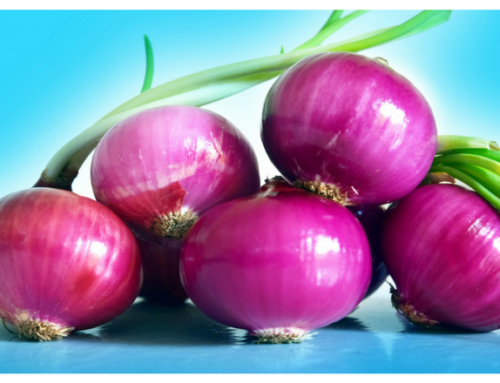
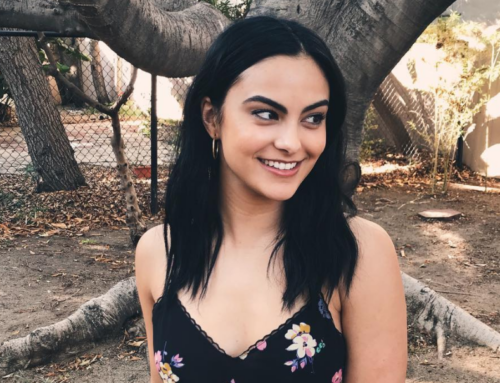
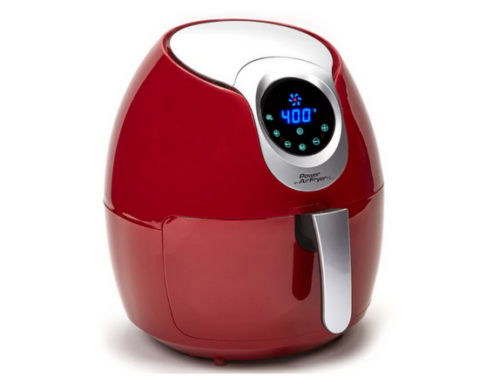

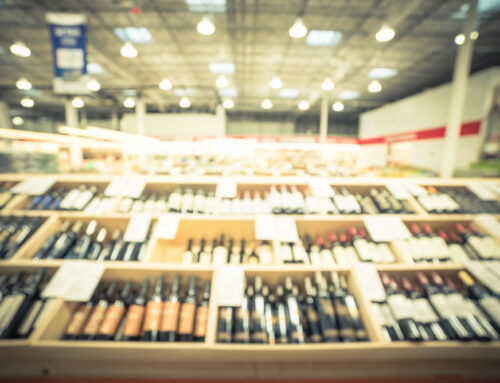
![Fun and Fast Recipes: Fiesta Cabbage Salad [Video]](https://thelatinkitchen.com/wp-content/uploads/2015/11/fiesta_cabbage_slaw-shutterstock_-500x383.jpg)
